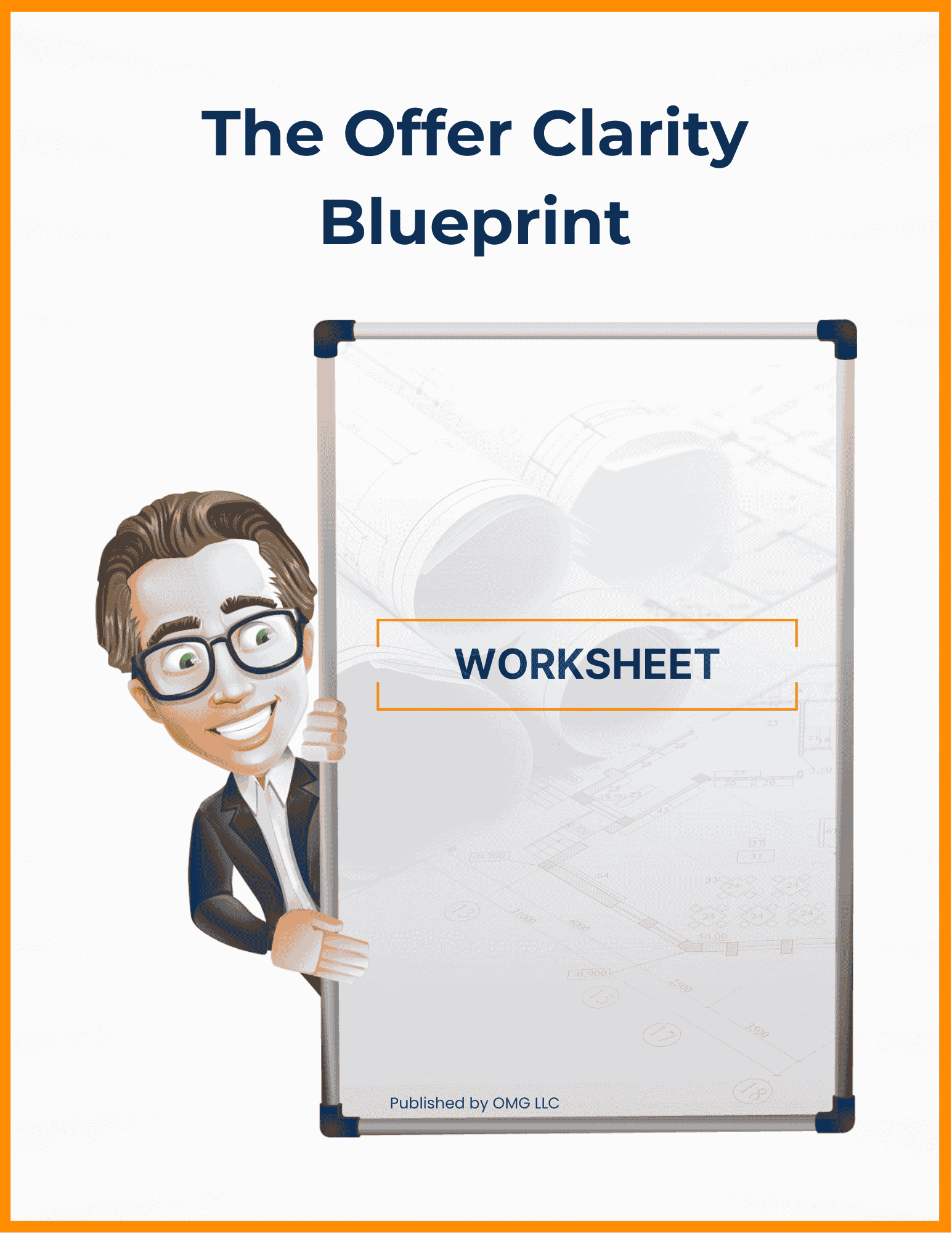Build momentum now before Agentic AI reshapes your opportunities
The Big Idea
Agentic AI is reshaping how knowledge work operates, and delaying the first steps toward workday autonomy carries real costs.
Workday autonomy refers to having greater control over how, when, and where you work, which reduces exposure to RTO pressure, heavy post-layoff workloads, and reactive oversight.
Starting early helps you explore new tools, understand how they elevate your strengths, and create space in your schedule before instability forces changes on you. This steady movement also sharpens your ability to navigate shifting expectations as Agentic AI grows more capable. Waiting another year raises the effort needed to adapt, while early motion strengthens your options.
Why It Matters
Agentic AI is moving from experimentation to real operational influence inside companies, and that shift affects how every knowledge worker plans the next phase of their career. A growing number of organizations are integrating agentic systems into daily workflows, and leaders increasingly expect these tools to guide decisions, coordinate tasks, and optimize entire processes. According to recent studies, 80 percent of companies report active use of AI agents, which signals a structural change rather than a temporary trend.
At the same time, corporate environments remain unpredictable. Reports show that remote work flexibility is tightening again, with many companies increasing their RTO requirements. Research gathered by Chanty notes that 63 percent of high-growth companies are already using hybrid models, and this shift often comes with increased oversight and rising workloads for employees who remain after layoffs.
These two forces create pressure on professionals who want more stability and more influence over their own time. When organizations adopt agentic tools quickly, the gap widens between people who begin adapting early and people who wait for clarity that never arrives. Early movement helps you learn what these tools can support, how your strengths can evolve, and where you can create buffers in your schedule before workplace demands increase.
Momentum also builds confidence in an environment where expectations can shift without warning. A reliable rhythm helps you navigate changes with more control, fewer surprises, and a clearer path toward the workday you want to design for yourself.
What to Know
These are the forces that guide your path toward workday autonomy. They influence how smoothly you create control over your day.
What to Do Next
Start by choosing one step that helps you build more influence over your workday. You might explore a simple agentic AI workflow that supports a task you handle regularly, look at a current initiative to see where agentic AI could support your thinking, or observe the moments when workplace instability shifts your focus in unhelpful ways.
These small actions create the awareness needed to guide your time with more intention. They also reveal opportunities to strengthen your direction before expectations shift again.
If you want a structured place to begin shaping that direction, explore the Offer Clarity Blueprint and use it to refine your next move. Then choose one action you will practice this week to build steady momentum.

Download the Offer Clarity Blueprint — FREE
It gives you a simple starting point to clarify your direction and begin building more control over your workday.
Sign up to get your free download and email updates from Snactionable. Unsubscribe anytime.
Note: All emails are validated. Invalid and disposable emails will not work.

Download the Offer Clarity Blueprint — FREE
It gives you a simple starting point to clarify your direction and begin building more control over your workday.
Sign up to get your free download and email updates from Snactionable. Unsubscribe anytime.
Note: All emails are validated. Invalid and disposable emails will not work.
